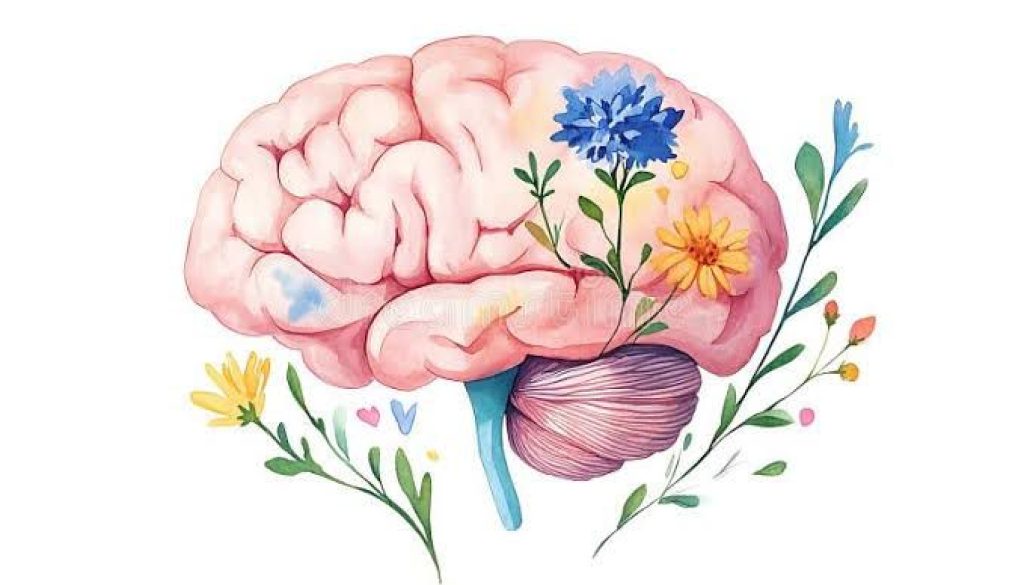The Immediate Effects of Bullying on Mental Health
Bullying is a serious problem that can have severe and long-lasting effects on mental health. It is essential to take a comprehensive approach to preventing bullying, one that involves individuals, families, schools, and communities. By promoting empathy and kindness, teaching conflict resolution skills, encouraging open communication, and providing support for victims, we can work towards creating a more positive and supportive environment for everyone.
The immediate effects of bullying on mental health can be devastating. Individuals who are bullied may experience:
1. Anxiety and Fear
The constant threat of bullying can create a sense of anxiety and fear, making it difficult for individuals to feel safe and secure. This anxiety can manifest in physical symptoms such as headaches, stomachaches, and difficulty sleeping.
1. Depression
Bullying can lead to feelings of sadness, hopelessness, and despair, which can manifest as depression. Depression can affect every aspect of an individual’s life, including their relationships, work or school performance, and overall well-being.
1. Low Self-Esteem
Bullying can erode an individual’s self-esteem, making them feel worthless, unlovable, and inadequate. Low self-esteem can make it difficult for individuals to form and maintain healthy relationships, achieve their goals, and feel confident in themselves.
1. Post-Traumatic Stress Disorder (PTSD)
In severe cases, bullying can lead to the development of PTSD, a condition characterized by flashbacks, nightmares, and avoidance of triggers that remind the individual of the traumatic event. PTSD can have a significant impact on an individual’s daily life, making it difficult for them to work, attend school, or maintain relationships.
The Long-term Effects of Bullying on Mental Health
The long-term effects of bullying on mental health can be just as damaging as the immediate effects. Individuals who experience bullying may be at a higher risk of developing:
1. Mental Health Disorders
Bullying can increase the risk of developing mental health disorders such as depression, anxiety, and personality disorders. These disorders can have a significant impact on an individual’s daily life, making it difficult for them to work, attend school, or maintain relationships.
1. Substance Abuse
Individuals who experience bullying may be more likely to turn to substance abuse as a coping mechanism. Substance abuse can have serious consequences, including addiction, health problems, and legal issues.
1. Suicidal Thoughts and Behaviors
Bullying can increase the risk of suicidal thoughts and behaviors, particularly in individuals who experience severe and persistent bullying. Suicidal thoughts and behaviors are a serious concern, and it is essential to provide individuals with the support and resources they need to stay safe.
1. Difficulty with Relationships
Bullying can make it challenging for individuals to form and maintain healthy relationships in the future. This can be due to a lack of trust, difficulty with intimacy, or a fear of being hurt or rejected.
Breaking the Cycle of Bullying
Breaking the cycle of bullying requires a comprehensive approach that involves individuals, families, schools, and communities. Some strategies for preventing bullying include:
1. Promoting Empathy and Kindness
Encouraging individuals to be kind and empathetic towards others can help to create a more positive and supportive environment. This can be achieved through education and awareness programs that promote empathy and kindness.
1. Teaching Conflict Resolution Skills
Providing individuals with the skills they need to resolve conflicts in a peaceful and respectful manner can help to reduce the incidence of bullying. This can be achieved through education and training programs that teach conflict resolution skills.
1. Encouraging Open Communication
Creating an environment where individuals feel comfortable reporting incidents of bullying can help to prevent further incidents. This can be achieved by establishing clear reporting procedures and providing support and resources for individuals who report bullying.
1. Providing Support for Victims
Offering support and counseling to individuals who experience bullying can help to mitigate the negative effects of bullying. This can be achieved through counseling programs, support groups, and other forms of support.
1. Advocating for Policies and Programs
Advocating for policies and programs that prevent bullying and support victims can help to create a more positive and supportive environment. This can be achieved through advocacy efforts, community engagement, and policy development.
Conclusion
Bullying is a serious problem that can have severe and long-lasting effects on mental health. It is essential to take a comprehensive approach to preventing bullying, one that involves individuals, families, schools, and communities. By promoting empathy and kindness, teaching conflict resolution skills, encouraging open communication, providing support for victims, and advocating for policies and programs, we can work towards creating a more positive and supportive environment for everyone.



